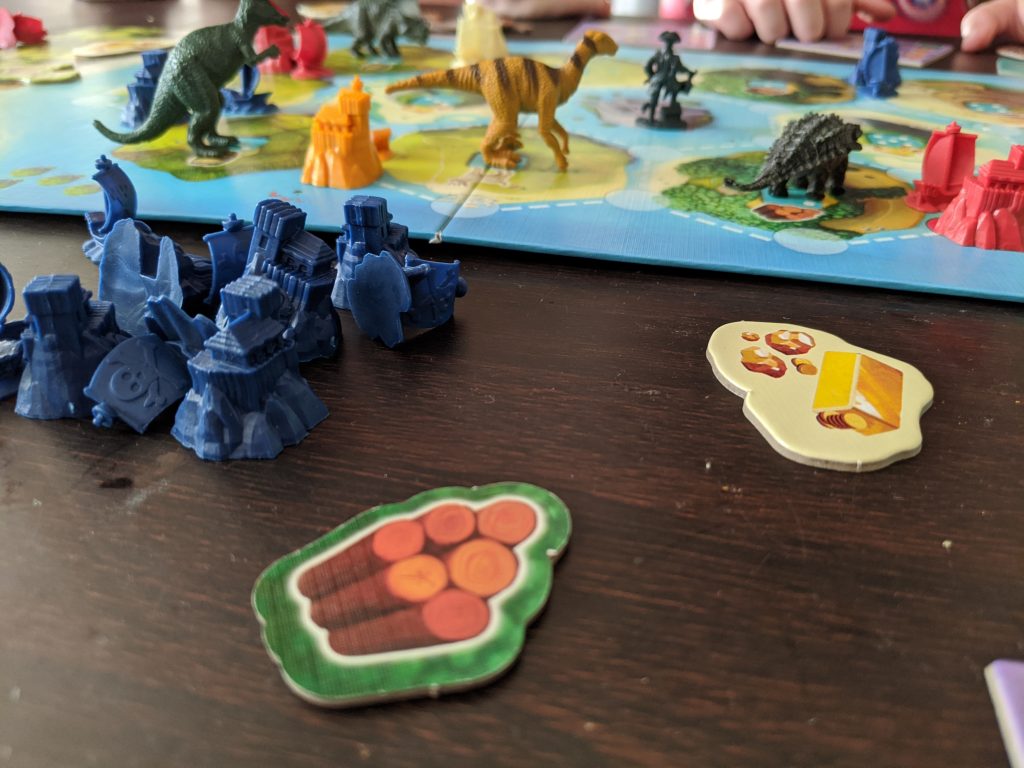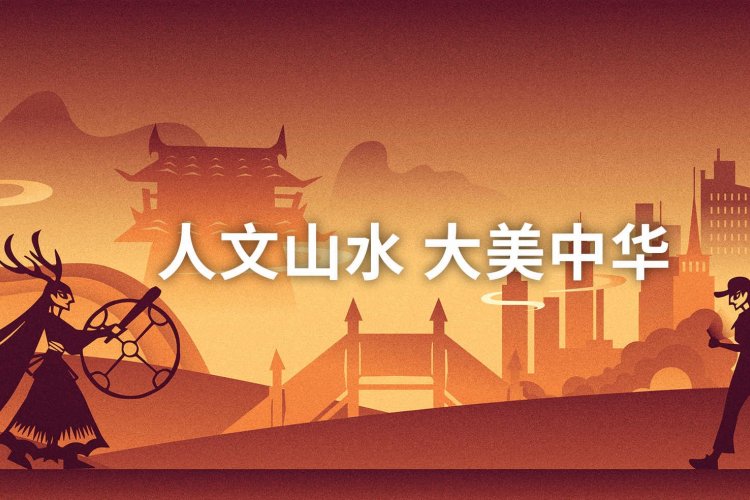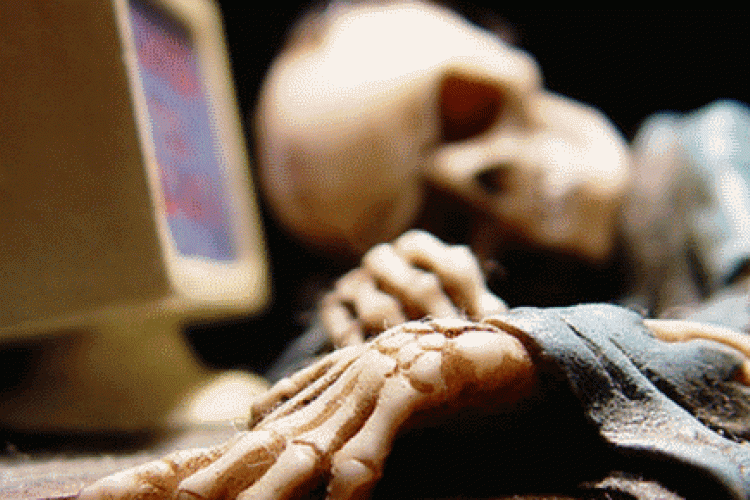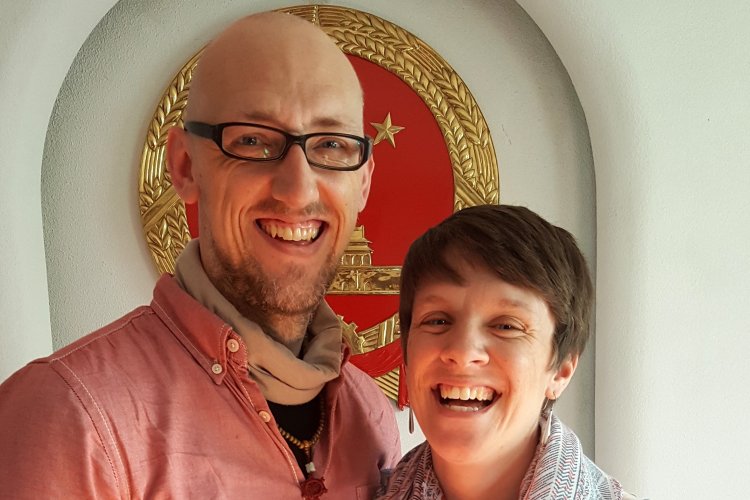So You Want To Be a Game Developer: What It Takes To Make Gaming a Career
Local game designer Ben “Books” Schwartz shares his insights into turning a love for gaming and storytelling into a fulfilling job.
A Look Behind The Pixelated Curtain
Shanghai has long been the hub of the Chinese video game ecosystem, but Beijing is now making a play for that crown. The ambitious “E-Sports Beijing 2020” initiative, announced in August, is providing funding for Beijing-based video game teams, arenas, events, and developers. This comes at a time of explosive growth for the gaming world by every metric — more people are playing more games (and spending more money on games) than ever before.
But those games don’t come from thin air — every one of them is made by actual people. So the growth of the game industry means that more people than ever are making games. That’s a trend that seems likely to continue indefinitely, meaning that while you may be an English teacher today, you could be designing the next Minecraft tomorrow. After all, Beijing truly is a land of untold opportunity. As a game designer myself, I can confirm that game development is a very exciting field and an enormous amount of fun. It’s also a whole lot of work, most of which the players never see. So what does it actually take to bring a video game to life?
![]()
The Elements of Game Creation
Making a game requires contributions from numerous different disciplines. Game designers are the backbone, thinking through the mechanics of what the player will actually do and figuring out what’s fun. Writers and narrative designers – like me – create a story for the game and invent characters and a world, as well as writing every bit of text that shows up in the game. Programmers take those ideas and turn them into code, which they tweak over and over again until it works right. Artists and animators illustrate the characters, backgrounds, special effects, and menu screens. Audio engineers, composers, and voice actors make music, sound effects, and breathe life into the characters. Testers play the game over and over again, looking for glitches and ways to make the game more fun.
These disciplines don’t work in isolation, either. Everyone needs to communicate and collaborate to solve problems and put the pieces together. If part of a game is boring, the fix could be in the form of a more engaging story (writing), a more intense challenge (design), cooler special effects (art), a smoother play experience (programming), or something else entirely.
Many games are made by dozens of people working together in departments focused on these disciplines (not to mention the business side of game making: marketing, hiring, project management, and so on). At smaller game studios, each person can wind up wearing half a dozen different hats. Maybe the game designer also writes the story, or the soundtrack composer is also the voice of the main character. A rare few incredibly talented people do every part of the game creation process by themselves, but that kind of solo game development is a long and lonely road that few see to completion.

So You Want To Be A Gamedev
If you want to make games of your own, there’s no need to wait. In fact, making games has never been easier. It’s certainly a lot easier than when I was a kid in the 90s, trying to cobble together my own text adventures in C++. There are tons of resources and advice freely available for aspiring game designers online.
The first step is to start thinking about games. If you’re someone who plays a lot of games, don’t just play them passively, analyze each part of the game and ask yourself how and why they work. What decisions do you think the game designers made when they were creating the game? There are some excellent YouTube creators who do very accessible game design analysis videos – I particularly recommend The Game Maker’s Toolkit, People Make Games, Extra Credits, and noclip.
If there’s a particular part of game creation that excites you, develop those skills outside of just games. If you want to be a programmer, learn the basics of coding. If you want to write games, pen a few short stories. If you want to be a game artist, get painting. If you want to be a game designer, get back to basics and make a board game for you and your friends to playtest.
And of course, if you want to try your hand at making games for other people to play, systems like Roblox provide a perfect framework for that. You can build a game quickly and easily, with much of the art and programming backbone already taken care of. Roblox is by far the biggest platform of its kind, but it’s not the only one. If you want to write story games, Twine is a free simple engine for scripting choose-your-own-adventures. If you’re feeling ambitious, RPG Maker and Game Maker are powerful tools that are easy to start on but deep enough to build commercial-scale games (and have been used to do so).
But the most important thing about making games, whether you’re a hobbyist, aspiring developer, or full-time pro, is also the most important thing about playing games: Don’t forget to have fun!
Ben “Books” Schwartz is a writer and game designer based in Beijing. They believe that stories and play can change the world.
READ: Kapital Koopas: Knock-Off NES Empire Falls, Pokémon Film Gets China Release
This article originally appeared on our sister site, beijingkids.
Images: Canva, Cindy Marie Jenkins
Related stories :
Comments
New comments are displayed first.Comments
![]() Sikaote
Submitted by Guest on Mon, 11/30/2020 - 06:17 Permalink
Sikaote
Submitted by Guest on Mon, 11/30/2020 - 06:17 Permalink
Re: So You Want To Be a Game Developer: What It Takes To Make...
There are some excellent YouTube creators who do very accessible game design analysis videos – I particularly recommend The Game Maker’s Toolkit, People Make Games, Extra Credits, and noclip.
So you are recommending people in China break the law?

![]() Sikaote
Submitted by Guest on Mon, 11/30/2020 - 06:15 Permalink
Sikaote
Submitted by Guest on Mon, 11/30/2020 - 06:15 Permalink
Re: So You Want To Be a Game Developer: What It Takes To Make...
After all, Beijing truly is a land of untold opportunity.
LOLWUT???

Validate your mobile phone number to post comments.







